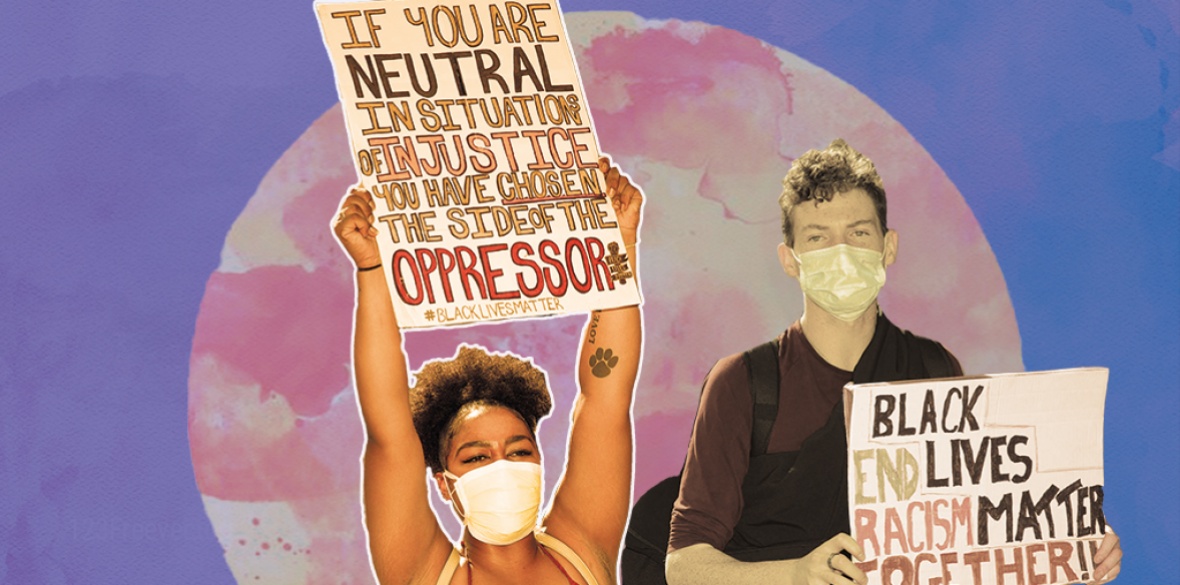This is the last article you can read this month
You can read more article this month
You can read more articles this month
Sorry your limit is up for this month
Reset on:
Please help support the Morning Star by subscribing here
SLAVERY was the family business for the Longs of Cornwall. Edward Long, born on August 23 1734, was a slave owner and he himself was the son of a slave owner.
His family presided over what they regarded as their property, the plantation and the people who were forced to work without wages on it, from the mid 17th century. There is no evidence to suggest that Long ever wavered from his commitment to the institution of slavery and the belief that the Africans he believed to be his were anything other than inherently and vastly inferior to white people.
Edward Long is best known for his book History of Jamaica, written in 1774. Less a historical work than a diatribe of pseudo-scientific racism.
Long used the book to justify slavery because there needed to be some justification for the inhumane treatment of enslaved Africans. Long had no problem with Africans being routinely mistreated for infractions of the smallest rules.
Long may possibly have been directly referring to my ancestors, who had been stolen from Africa and enslaved on plantations in Jamaica. I do not know whether my ancestors were on his plantation but I do know that his ideas survived and were built on by others with similar ideas. His thoughts were given credence during the time because he gave what he said was a first-hand account of life in Jamaica from a family that had been there for generations.
His racist ideas were taken up and developed in a way that was used to justify slavery and later on colonialism.
Slavery and colonialism were considered by their proponents as being liberating to Africans who would, they claim, have spent all their time killing each other without the influence of white civilisation, as if the white ruling class were peace-loving people who never engaged in wars with anyone — something that even the most cursory glance in history will deal with.
The generation of racist ideas to justify the barbaric nature of both slavery and colonialism was vital in the continuation of both institutions. A sense of superiority, that lives on today, was created and remains the cornerstone of racism. These beliefs are now deeply embedded in the structures of society and continue to blight the lives of black people every day.
The International Day for the Remembrance of the Slave Trade and its Abolition is celebrated each year on August 23, also the birthday of Edward Long.
It is very easy to see how this day can become institutionalised in the same way that many Black History Month events have. It can easily be all about the music, eating the so-called ethnic food — all things which I heartily enjoy and am happy to participate in — but not about the politics.
This should not be the end of the story. These remembrances should not be about assuaging the guilt of those that have benefited from slavery or about making anyone feel better about the horrors that my ancestors and those of many other enslaved Africans had to endure. It is about the politics. It is about unfinished business.
We certainly must remind people of the horrors of slavery and that the end of that barbaric institution was not won by a few kind hearted and no doubt well meaning white people. Both the end of slavery and the end of colonialism was achieved by organised rebellion. But is also about the reparations that need to be paid to the descendants of enslaved Africans. This is not an issue that can be hidden behind nice food and dancing.
There are lots of ways to make reparations to the descendants of enslaved Africans. Cash, scholarships and land-based compensation are just a few examples. Another is to return the loot stolen from Africa – such as the late, great Bernie Grant fought for in relation to the Benin Bronzes.
The family of Edward Long were no doubt compensated by the British Government for the loss of what was considered as their property. This meant taxpayers, including the descendants of enslaved Africans, were paying towards the cost of ending slavery long into the 21st century. The descendants of enslaved Africans have never received a penny.
It is time to write a new book about slavery. A book that sets out the history – because history is important – but also one that sets out what liberation looks like going forward.
That is what our organisation Liberation is doing — in words and deed. Come and join us through our website www.liberationorg.co.uk and be part of this exciting work.
Roger McKenzie is general secretary of Liberation and a long time union organiser and anti-racist activist.











